Astronomy Projects
Projects at MIT Haystack Observatory—while diverse—have a common denominator: they use or field astronomical instruments at the cutting edge of technology in order to address astrophysical research questions that cannot be tackled otherwise. Astronomical research projects and instrumentation development thus proceed hand-in-hand at Haystack. Many projects involve the creation and operation of interferometers.All Projects
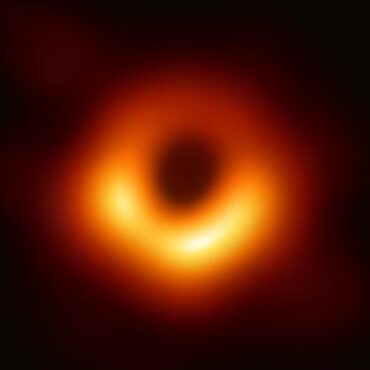
Event Horizon Telescope
The Event Horizon Telescope is obtaining images of nearby supermassive black holes with ultra-high angular resolution to see down to the scale of the event horizon.
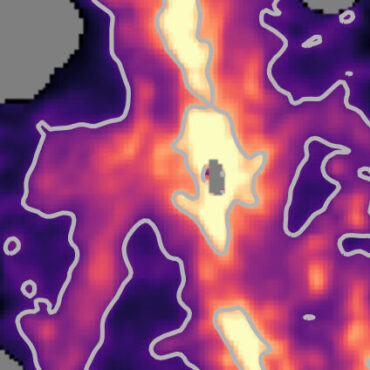
LEGO
LEGO studies star-forming sites in the Milky Way in order to better understand similar regions in nearby galaxies. It uses the most comprehensive wide-field atlas of molecules in space to do so.
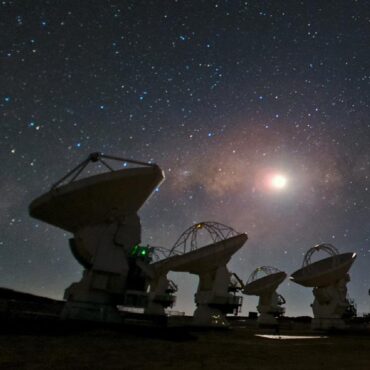
APP: ALMA Phasing Project
Developing very long baseline interferometry (VLBI) capabilities for the ALMA Observatory in Chile

EDGES
The goal of EDGES is to detect hydrogen signatures generated during the period of the formation of the first stars and galaxies.

Haystack Observatory Post-Processing System (HOPS)
The iconic HOPS software package supports the analysis of geodetic and astronomical VLBI correlations.

Mark 6 VLBI data recording system
The Mark 6 VLBI data recording system is used by the VLBI community to record data onto hard disk drives at the high data rates—up to 16Gbps—required by cutting-edge applications such as the EHT and VGOS.
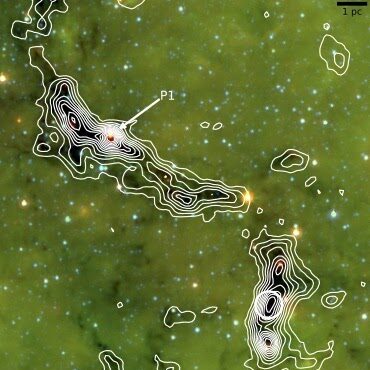
CoCoA
A search for high-mass stellar progenitors.
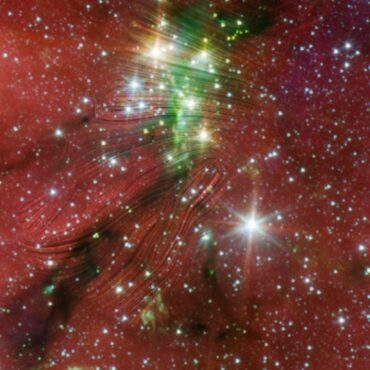
SIMPLIFI
Study of Interstellar Magnetic Polarization: a Legacy Investigation of FIlaments: A NASA/SOFIA project.
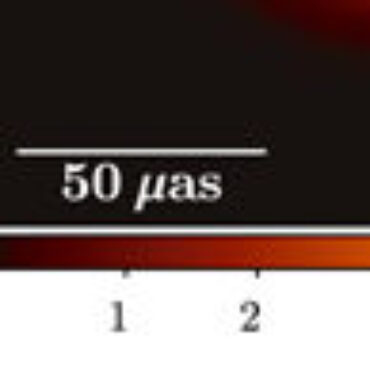
Interferometric imaging algorithms
Imaging is a key process in radio interferometry that turns data into astronomical images. Haystack has developed imaging algorithms for the Event Horizon Telescope and other interferometric arrays.
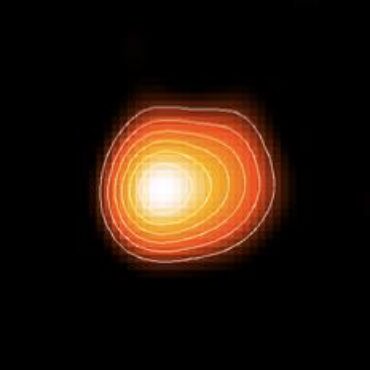
Radio Stars
All stars emit radio waves. The study of stellar radio emission provides unique insights into the lives of stars that cannot be obtained by observations at other wavelengths.